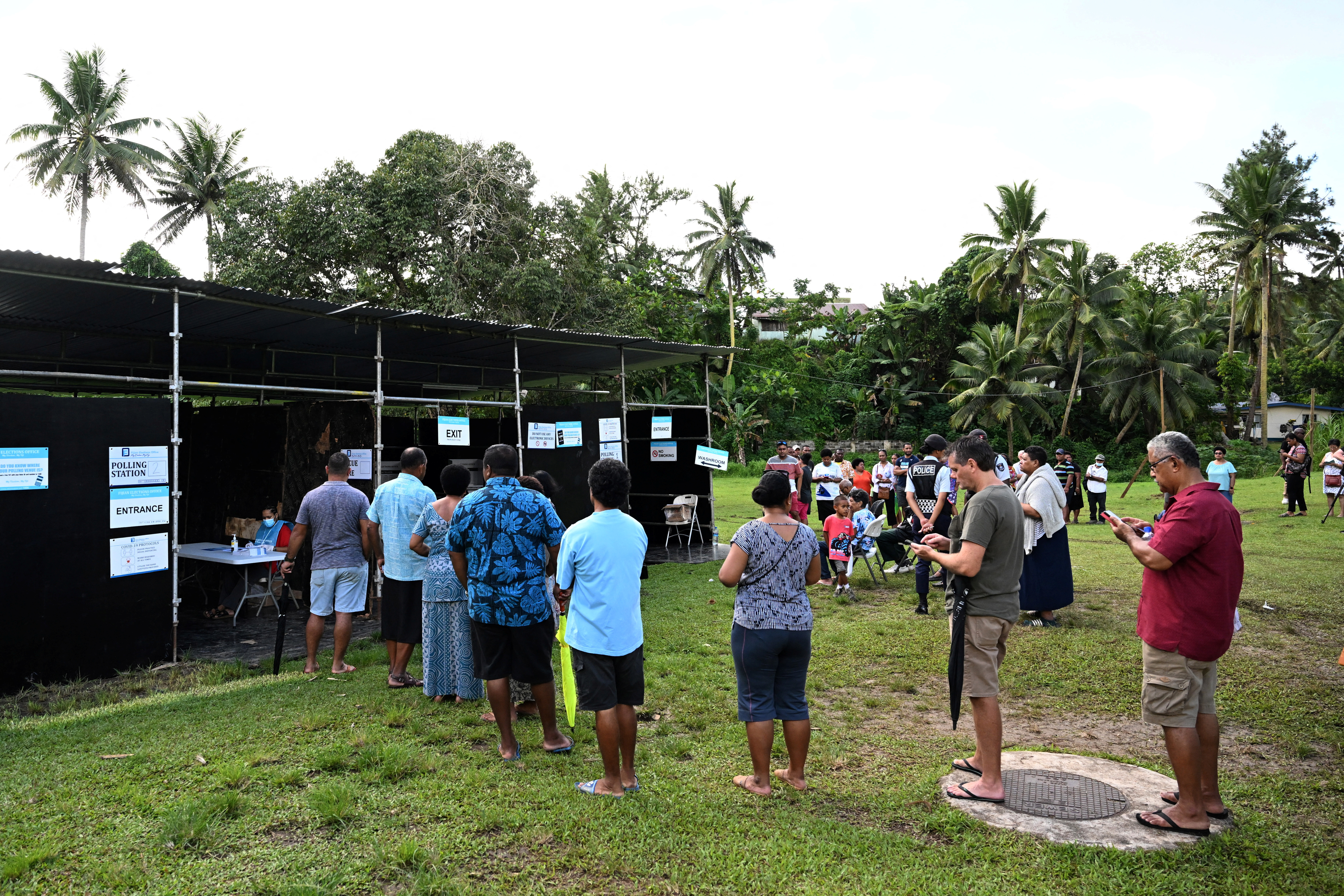
The European Union's credibility is at stake, EU foreign ministers warned on Monday, following allegations Qatar lavished cash and gifts on European Parliament officials to influence decision-making.
Greece on Monday froze the assets of a key suspect in the case, Eva Kaili, a vice president in the European Parliament and one of four people arrested and charged in Belgium at the weekend, a source with knowledge of the matter said.
Kaili's office did not respond to a request for a comment. Qatar has denied any wrongdoing.
Belgian prosecutors searched 16 houses and seized 600,000 euros ($631,800) in Brussels on Friday as part of the probe.
The four unnamed suspects have been charged with "participation in a criminal organisation, money laundering and corruption," prosecutors said in a statement on Sunday.
The European Parliament said at the weekend it had suspended Kaili from her duties, while the Greek socialist PASOK party announced it was expelling her from its ranks.
According to sources familiar with the case, the three other accused are all Italian citizens -- former EU lawmaker Pier Antonio Panzeri, general secretary of the International Trade Union Confederation Luca Visentini, and Kaili's partner Francesco Giorgi, who is a parliamentary assistant.
There were no replies to calls and emails made by Reuters to their respective offices or homes in Belgium.
"This is an unbelievable incident which has to be cleared up completely with the full force of law," German Foreign Minister Annalena Baerbock said as she arrived for a regular meeting with her EU counterparts in Brussels.
"This is about the credibility of Europe."
Irish Foreign Affairs Minister Simon Coveney echoed her concern. "It is damaging. We need to get to the bottom of it."
Belgian prosecutors said they had suspected for months that a Gulf state was trying to buy influence in Brussels.
A source with knowledge of the case said the state was Qatar. A Qatari official denied at the weekend accusations of possible misconduct.
"Any association of the Qatari government with the reported claims is baseless and gravely misinformed," the official said.
BACKING QATAR
The investigation comes as World Cup host Qatar is in the global spotlight, amid criticism of its human rights record, including its treatment of migrant workers.
In a speech in the European Parliament on Nov. 21, at the start of the month-long soccer tournament, Kaili lashed out at Qatar's detractors and hailed the energy-rich Gulf State as "a frontrunner in labour rights".
"They committed to a vision by choice and they opened to the world. Still some here are calling to discriminate them. They bully them and they accuse everyone that talks to them or engages (with them) of corruption," Kaili said.
The scandal is particularly awkward for the parliament, which has seen itself as a moral compass in Brussels, seeking tighter rules on the environment or on corporations, issuing resolutions critical of human rights abuses across the globe and taking EU governments to task.
As they arrived at Monday's EU meeting, ministers were quick to condemn the alleged corruption.
"It is absolutely unacceptable, any kind of corruption," said Czech Foreign Minister Jan Lipavsky.
"Qatar is an important partner for the energy of the EU," he noted, while adding: "Of course the relation between the EU and Qatar needs to be built on a set of policies including human rights and labor rights."
Some European diplomats told Reuters last month that pressure to maintain good ties with Qatar was increasing as the continent headed towards a winter of energy shortages because of the Russian invasion of Ukraine.
The European Parliament was due to vote this week on a proposal to extend visa-free travel to the EU for Kuwait, Qatar, Oman and Ecuador. Some lawmakers have suggested the vote should be postponed. Others have called for a debate on the corruption scandal.
The parliament was scheduled to start it plenary session in Strasbourg at 5 p.m. (1600 GMT), with many members making the trip from Brussels in the morning. (Reuters)













